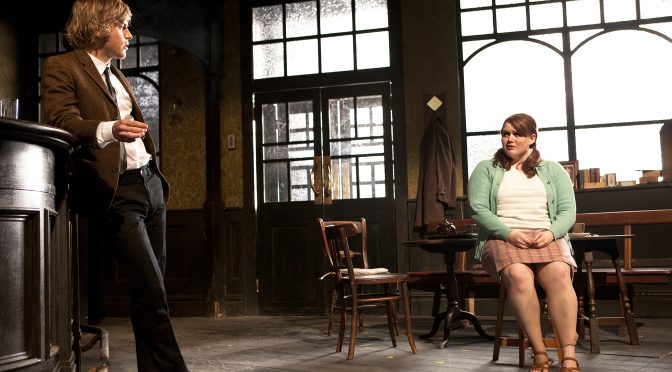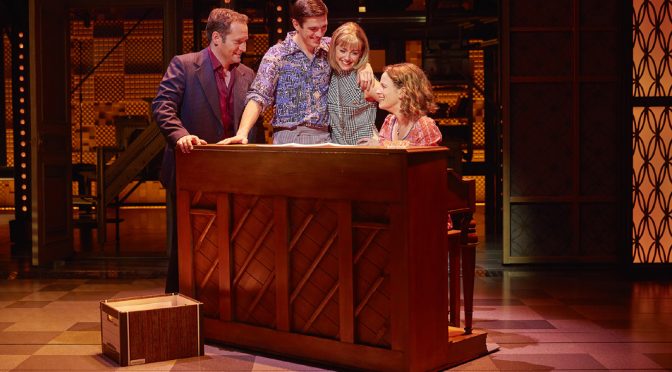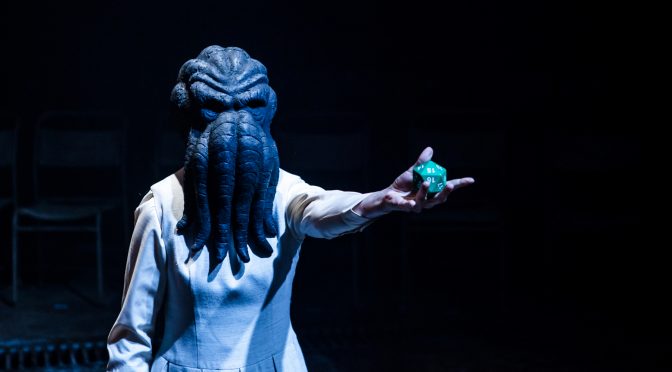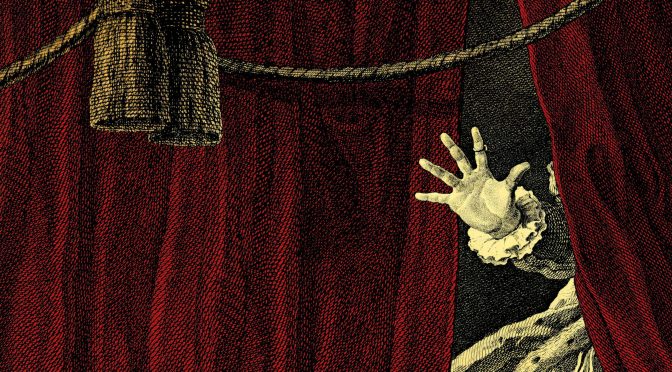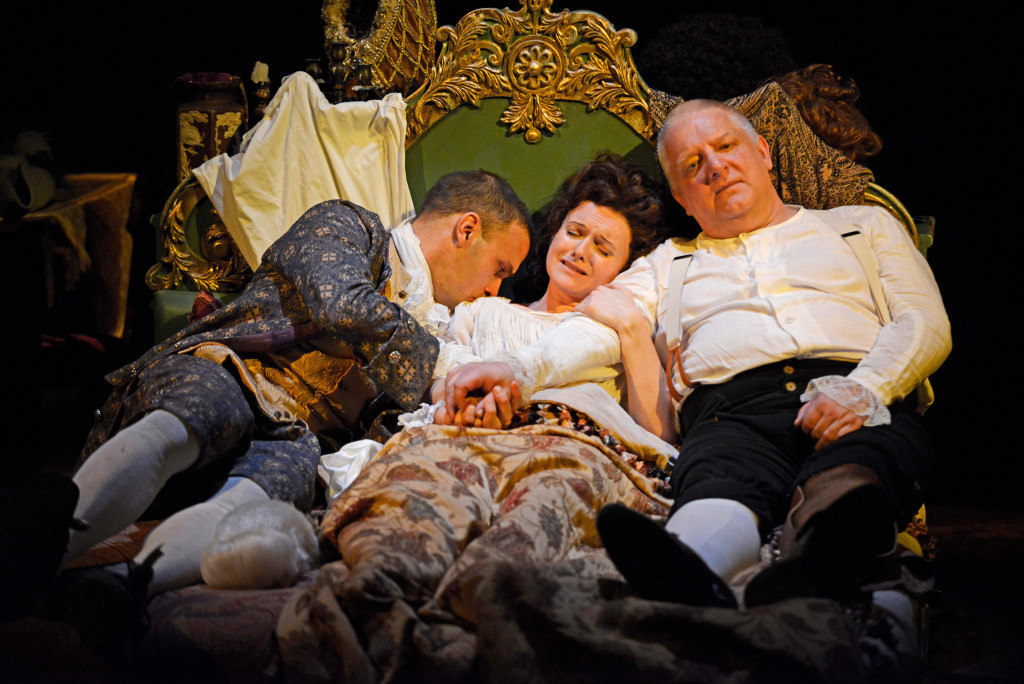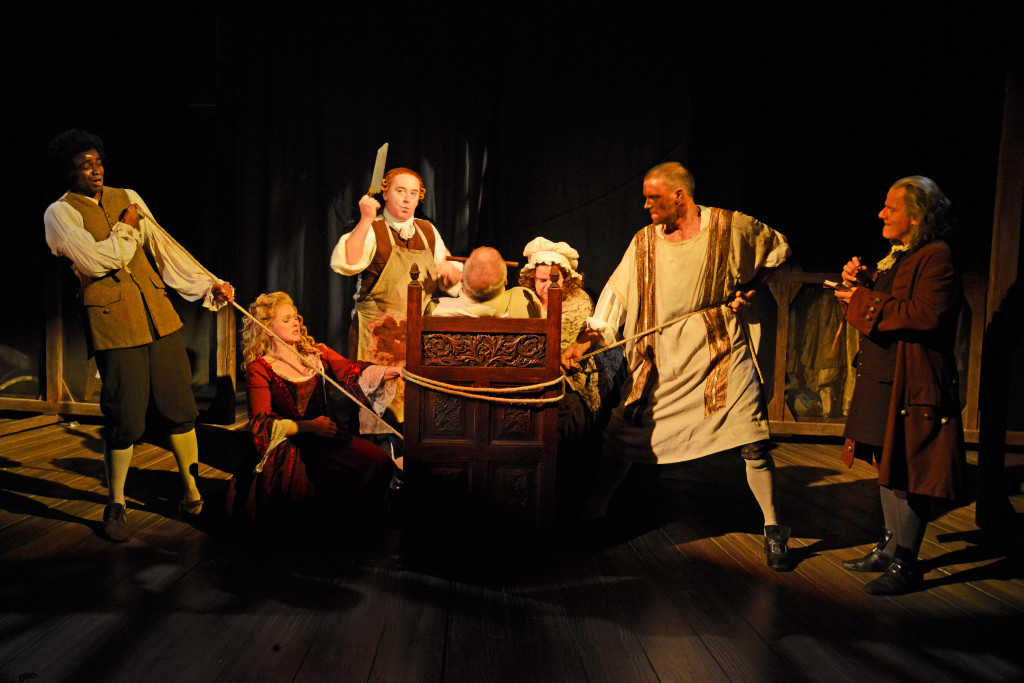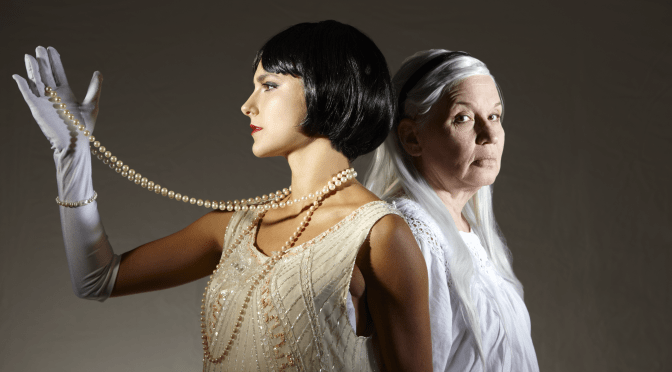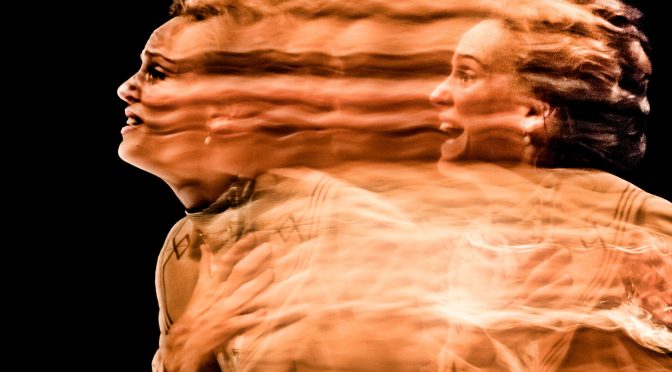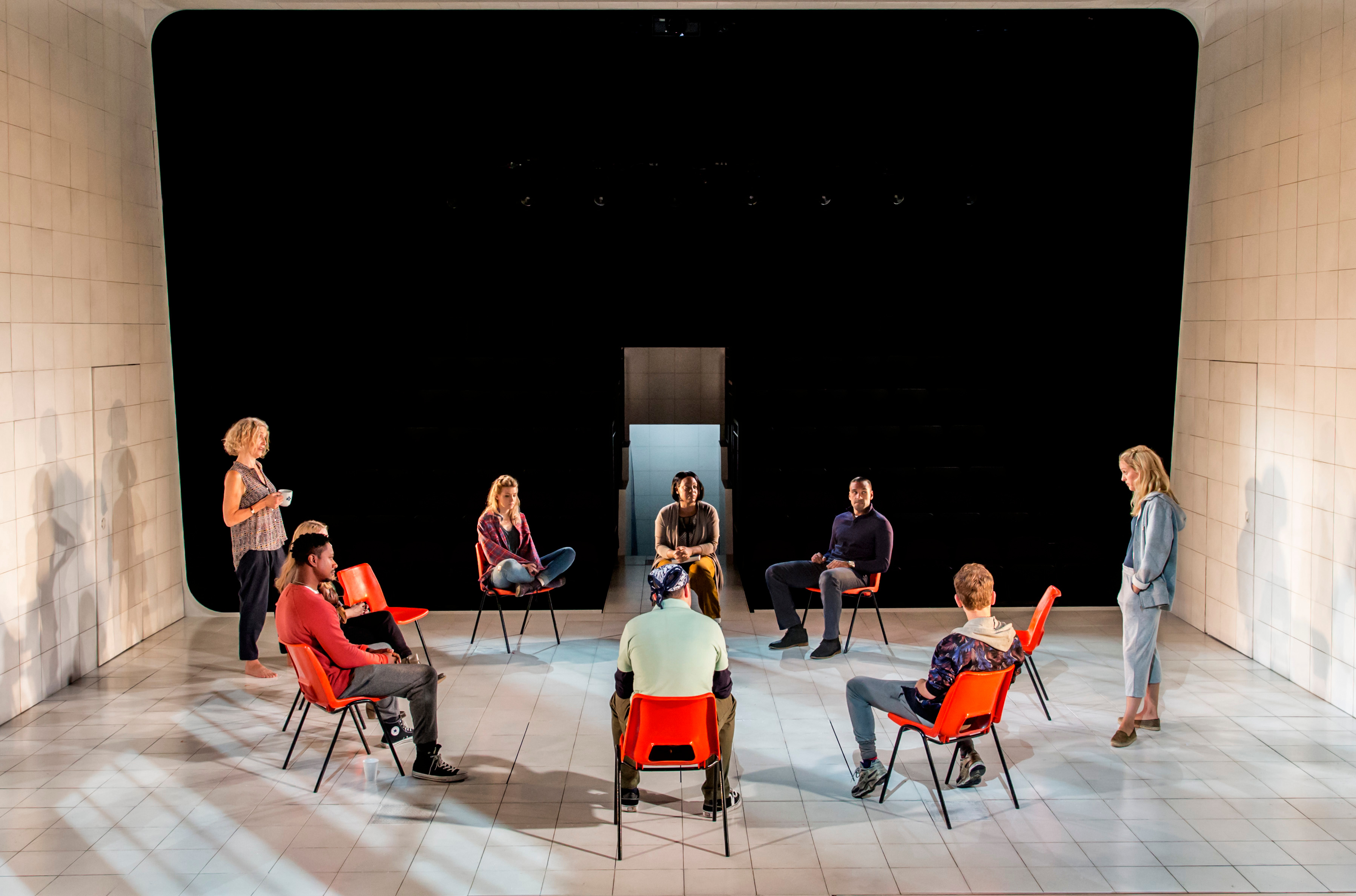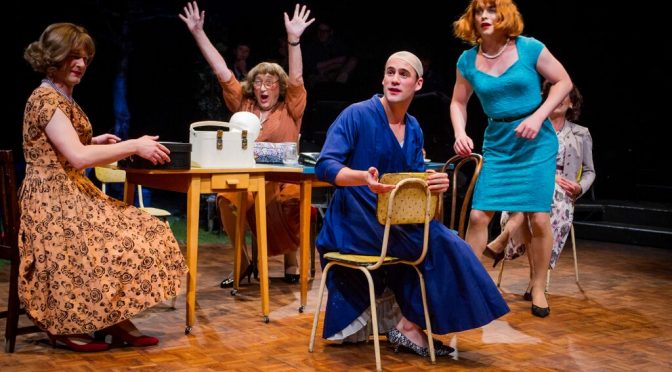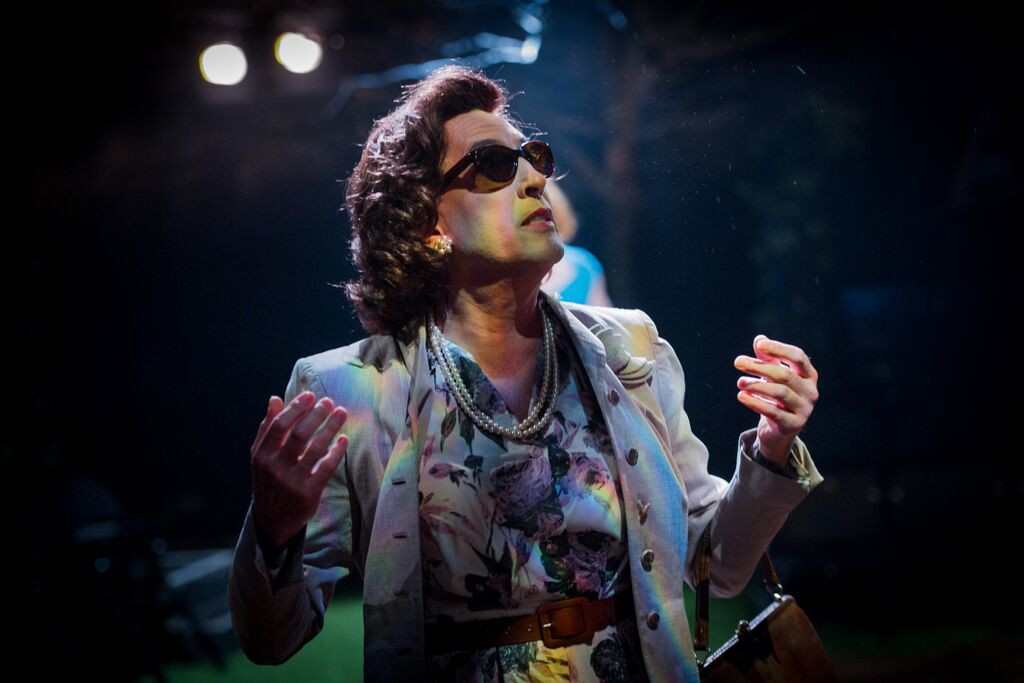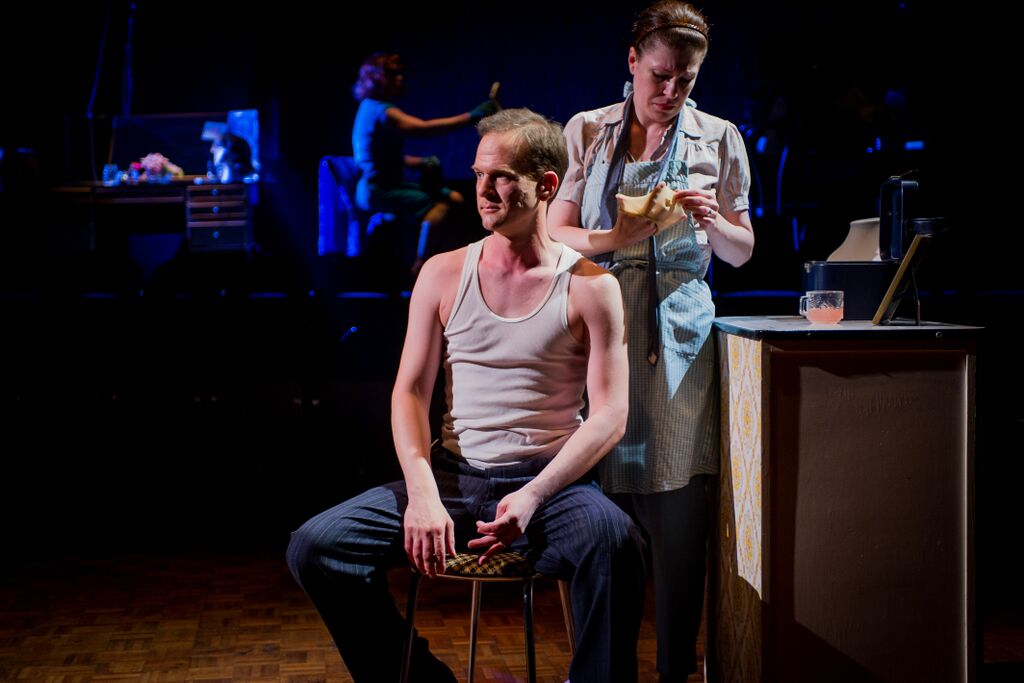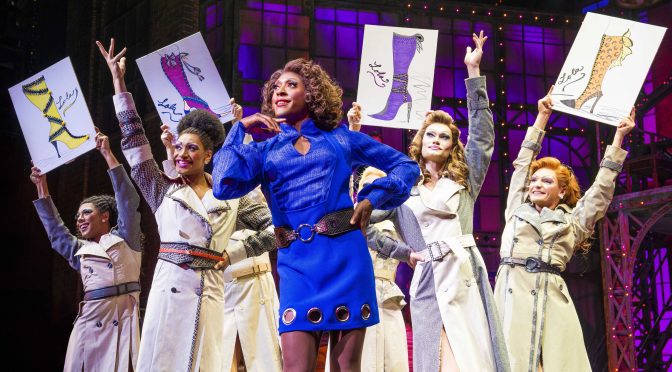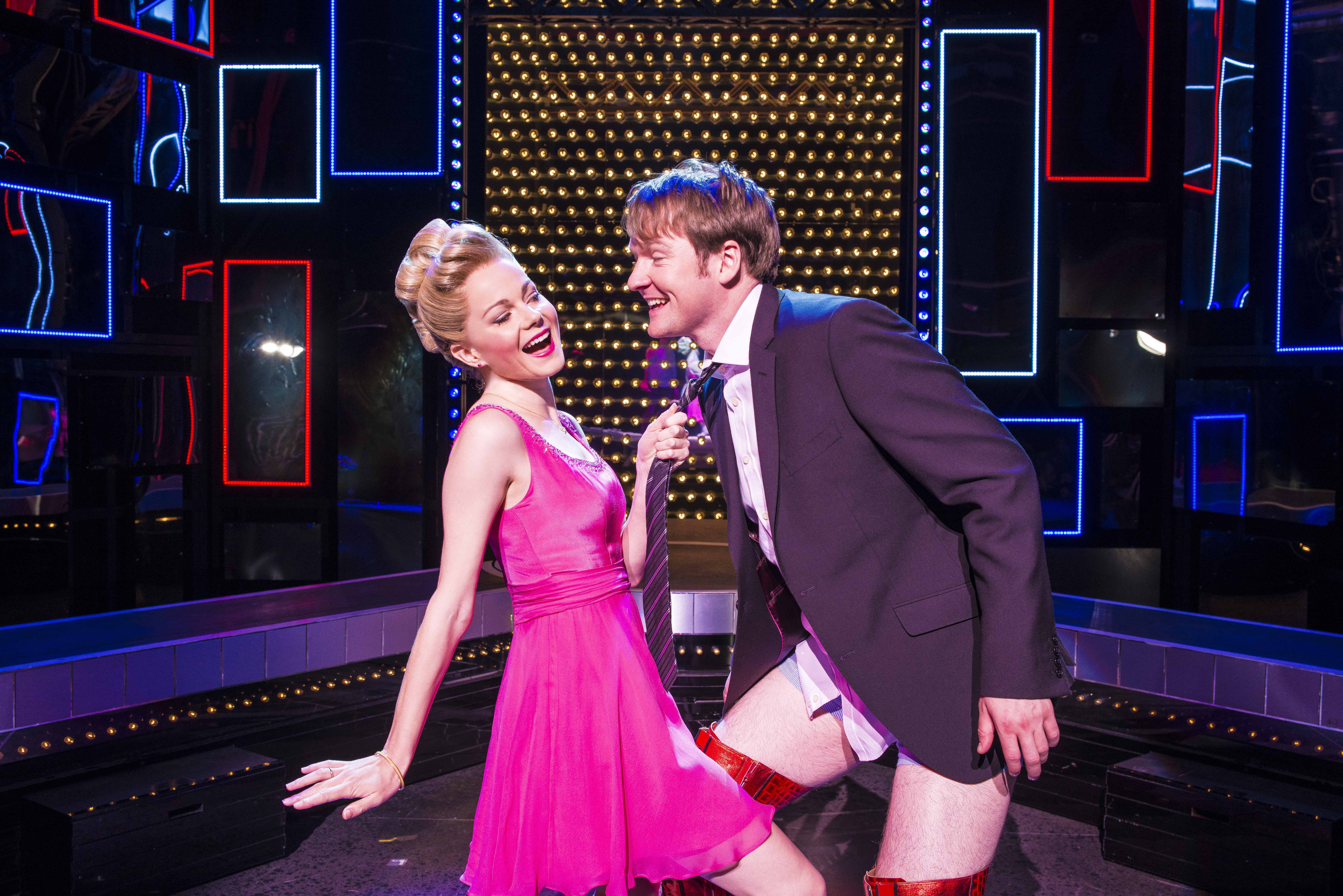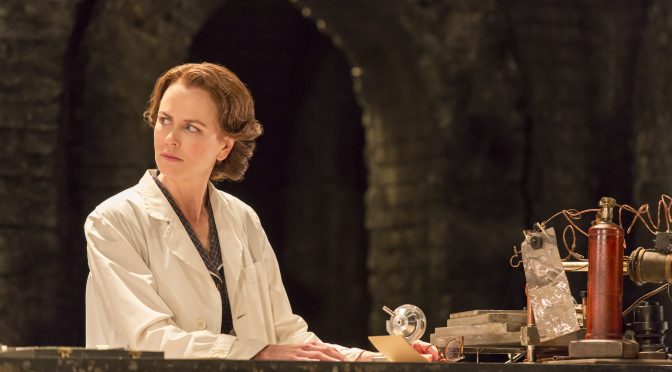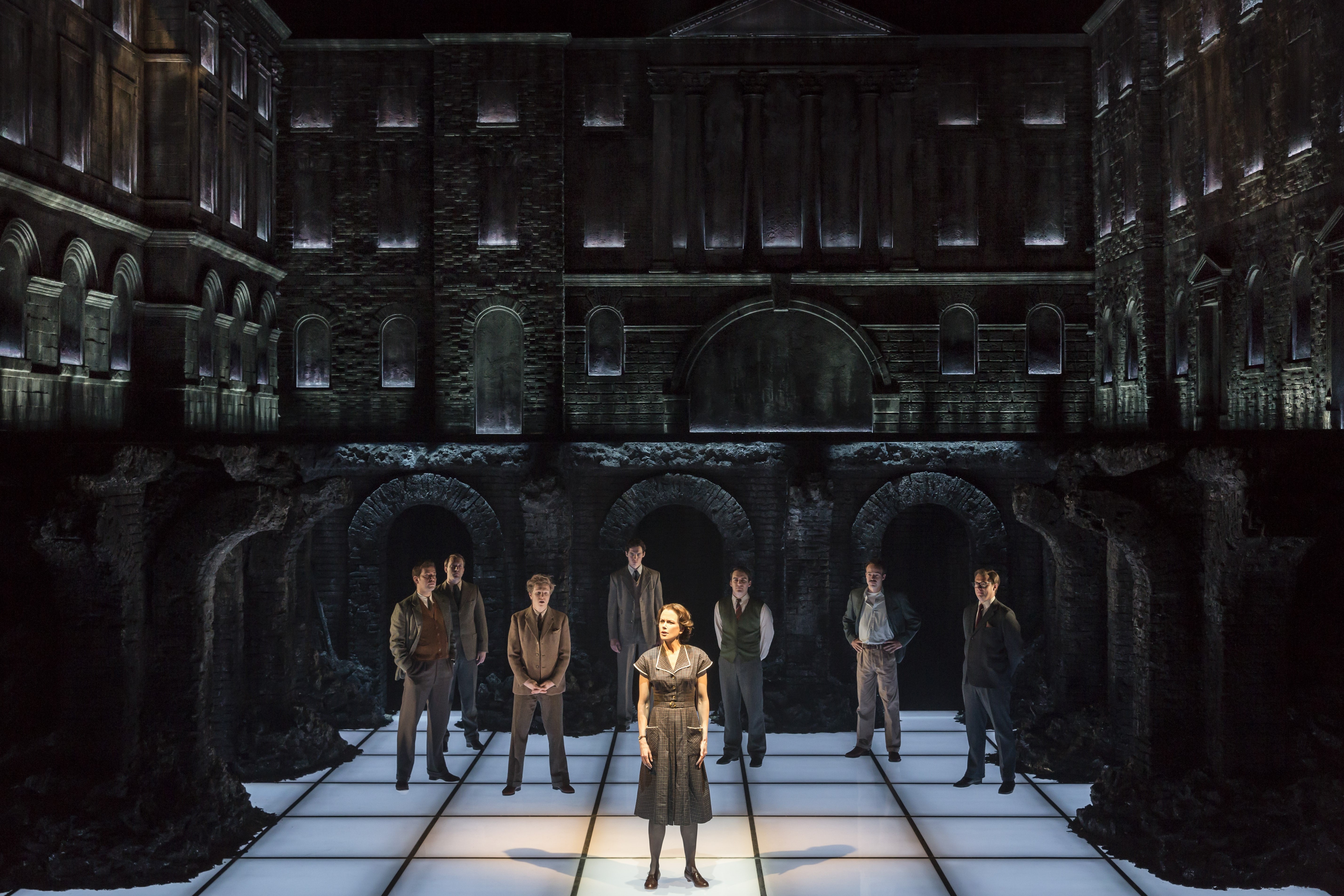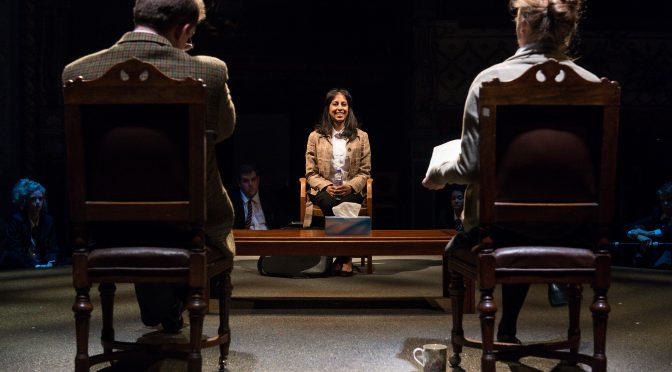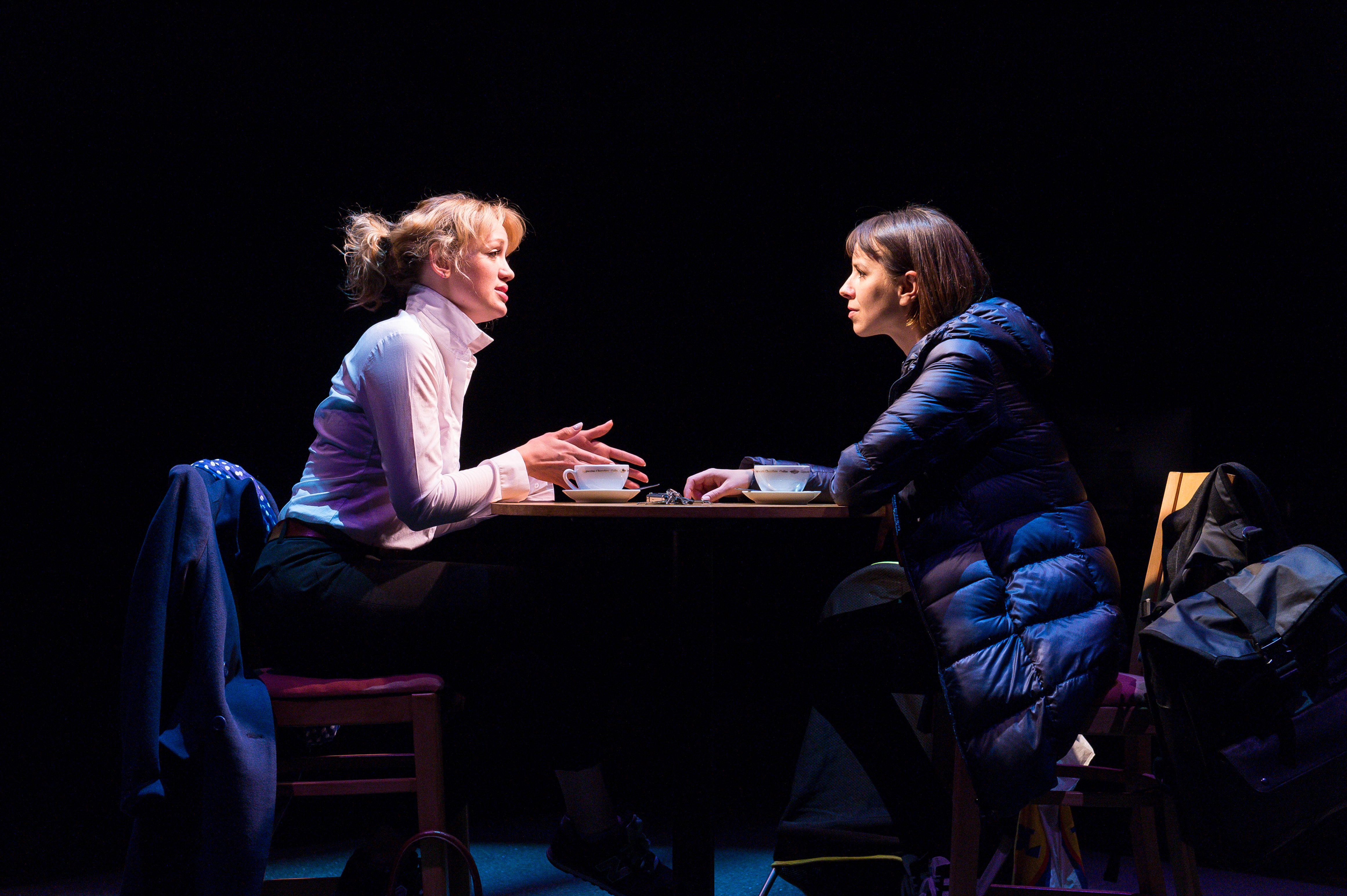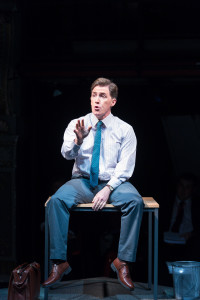Taking capital punishment as a subject makes sense for a writer as darkly comic as Martin McDonagh. The story of the second-best hangman in England, set on the day the death penalty is abolished, makes a superb vehicle for David Morrissey in the lead. Having just confirmed its transfer into the West End, it’s already a hit.
There are a very respectable number of laughs, with lots of period detail. Hangman Harry, now a Northern publican, makes an effective mouthpiece for a variety of sexist and racist views. His objection to the guillotine? “It’s messy and French.” Morrissey is brilliant at bullish and brings a nasty, sharp edge to this unlikeable character. Harry’s customer-cum-cronies in his bar are good value as well and nicely performed. The only issue is that perhaps it isn’t very original.
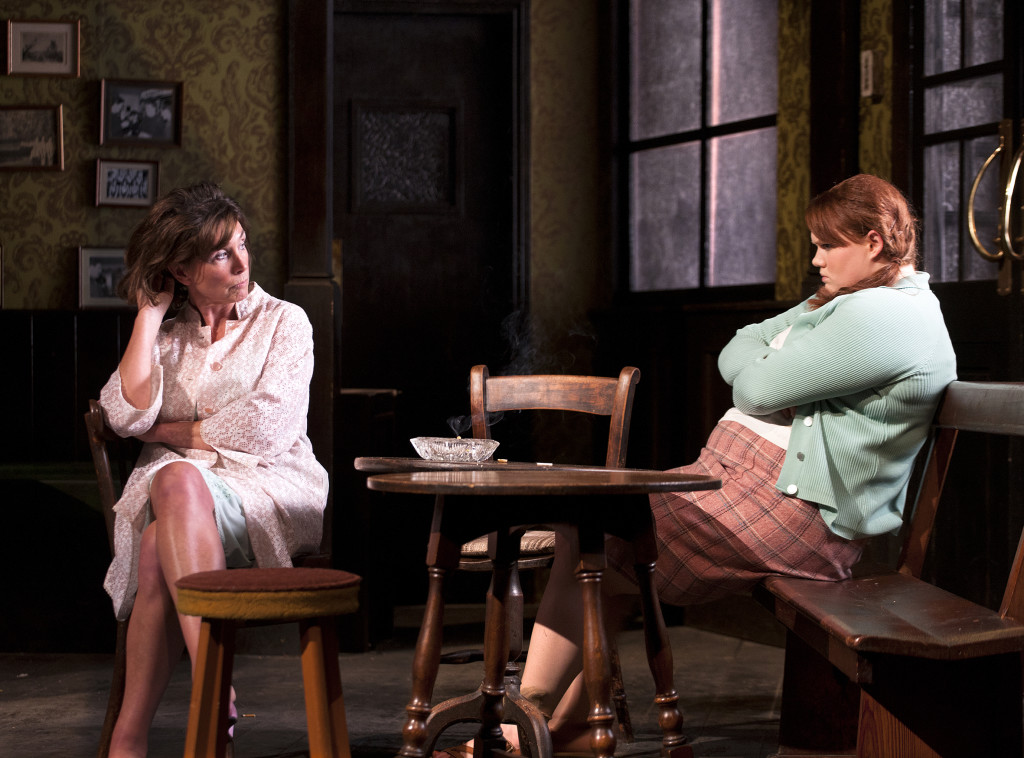
The tension in Hangmen is more taut than the comedy. A mysterious stranger, played with offbeat menace by Johnny Flynn, brings suspense. And Reece Shearsmith, as Harry’s former colleague, gives a fine performance as an unwitting and inept conspirator. There are also fine turns from Harry’s wife and their “mopey” daughter, Sally Rogers and Bronwyn James, respectively. Their dialogue is impeccable and hugely impressive.
Towards the end, the show really takes off. The more dangerous things get, the funnier they become. Harry’s megalomania erupts in outlandish fashion and the plot twists in a pleasantly unpredictable manner. Briefly interrupted by the arrival of his nemesis, the more famous executioner Albert Pierrepoint, played expertly by John Hodgkinson, the scene is excruciating funny – this is the stuff. Maybe it’s greedy to expect it to be this good all the way through?
Until 10 October 2015 and then at Wyndham’s Theatre from the 1 December – 5 March 2016
Photos by Simon Annand

